With the weather changing and the pandemic persisting, we all want more peace of mind about our health. Learning about the immune system and how to improve its function are important today more than ever.
Our immune system does a lot for us. Every second of every day our immune system works to fight off illness, disease, and help us heal. Like a well-oiled machine, we need to provide it with the necessary input to keep running smoothly. This is where a balanced diet, the right supplements, and regular exercise come into play. These factors represent the ‘oil’ needed for our immune system machine to do its job and not break down. Research has shown there are various micronutrients that are essential for maintaining a strong immune system. Easier said than done. Micronutrient deficiency is a public health issue worldwide that affects people of all ages and classes.
Immune function can be improved by restoring micronutrients through supplements and a more varied diet. We could also be doing all things we already know are good for our overall health: getting plenty of sleep, avoiding stress, staying hydrated and regularly exercising.
Good immune health is especially important as we age, since we all know that bodily functions start to decline over time and without proper maintenance. With the ongoing COVID-19 pandemic, many things feel out of our control. Thankfully, there are many things we can control, such as learning about what our bodies require each day to begin to boost our immune function. Always consult your doctor if you have health concerns or questions about supplementing.
What is the immune system?
The immune system is comprised of three ‘layers’ that use their own distinct defence mechanisms to function as one large defense unit in the body. This amazing system is integrated into every system of the body and is ready to interpret and act on any internal and external attacks. Quite amazing, isn’t it?
Innate versus adaptive responses
Depending on the nature of the threat, the immune system will elicit an adaptive or an innate response. Examples of innate (built-in) responses include physical barriers such as the linings in your stomach and respiratory tract, your skin, body hair, and even your eyelashes! Another type of physical barrier includes secretions. Think sweat, tears, inflammation, mucus, and all these other lovely things we usually do not even consider as something our body does to protect us. Physical barriers are non-specific and begin to work almost instantly. Their main goal is to stop infection before it can happen. For example, when you cut yourself, a series of signals are automatically fired off to stop the bleeding and seal the area off from infection.
A completely different function of your immune system is known as its adaptive response, which is a highly specific and slow (can take days) response to a foreign invader. Who are the champions in this adaptive league? Thank your T and B lymphocytes, which create antibodies (also called immunoglobins) that silently sit and wait to respond to specific threats. Why are they slower to act? This part of your immune system is called to action when an infection or disease is present, and so its responses will be specifically targeted to fight off that one thing. The body has antibodies ready, often circulating them in your sweat, saliva, blood and even breast milk! It takes you at least a day or two to recover from a cold. All that time, your adaptive immune system was at work, while at the same time your innate immune system was silently keeping guard as well. What an amazing system.
Why is good immune health important?
Where would we be without an immune system? We need to give some tender love and care to something this important. We all know that a balanced diet supplies the energy, macronutrients (needed in small amounts) and micronutrients (needed in larger amounts) needed for maintaining our immune system and other functions. As was noted earlier, deficiencies, especially in micronutrients, is evident worldwide in people across various ages, cultures, and classes. Research suggests that diet alone may not be enough to ensure we are getting all the micronutrients we need. In addition, immune function - and especially those critical adaptive processes - decline with age. This is why the older population is scheduled for COVID-19 vaccinations before others - their immune system is simply not as strong as the young. The older you get, the higher the risk and severity of infections.
What’s Next?
No matter your age, you can begin to look for a multi-vitamin or consult with your doctor about how to provide your body with these essential micronutrients daily: vitamins A, C, D, E, B2, B6, and B12, folic acid, iron, selenium, and zinc. Supplementing based on age and other health factors is important. The vitamins you took in your 20s will differ from the vitamins needed in your 40s, as your body has changed.
So, you thought there was just one magic pill you could take? Unfortunately, life does not work like that – or at least science isn’t quite there yet. Since you now know the basics of immune system health, check out the products featured at HERC’s Nutrition and consult the Canada Food Guide for more healthy eating resources.
Immune function can be improved by providing your body these micronutrients at the recommended level, thereby supporting a higher recovery and resistance to infections. During these uncertain times, we all want to have more peace of mind that we are doing the right thing for our health.





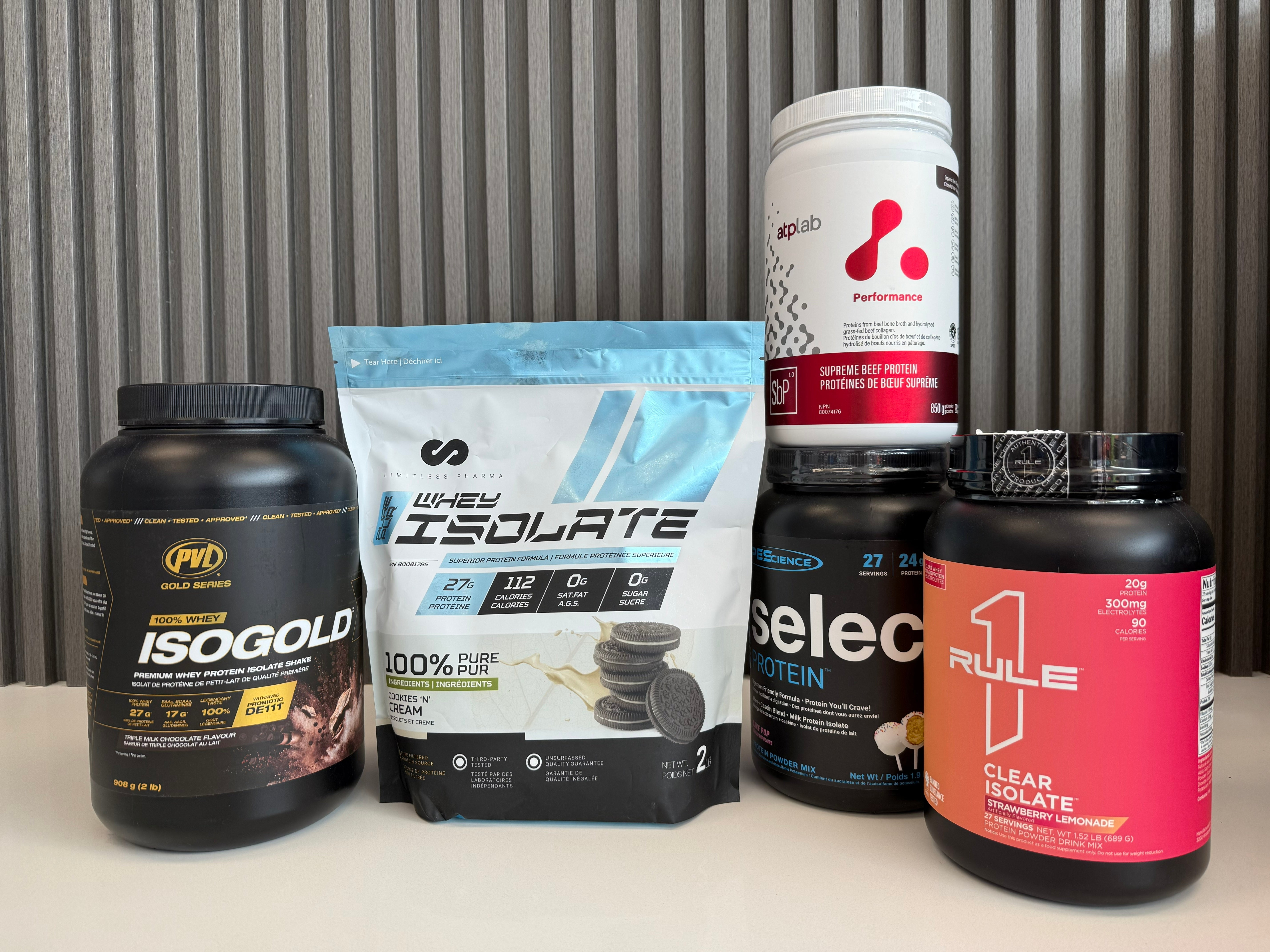
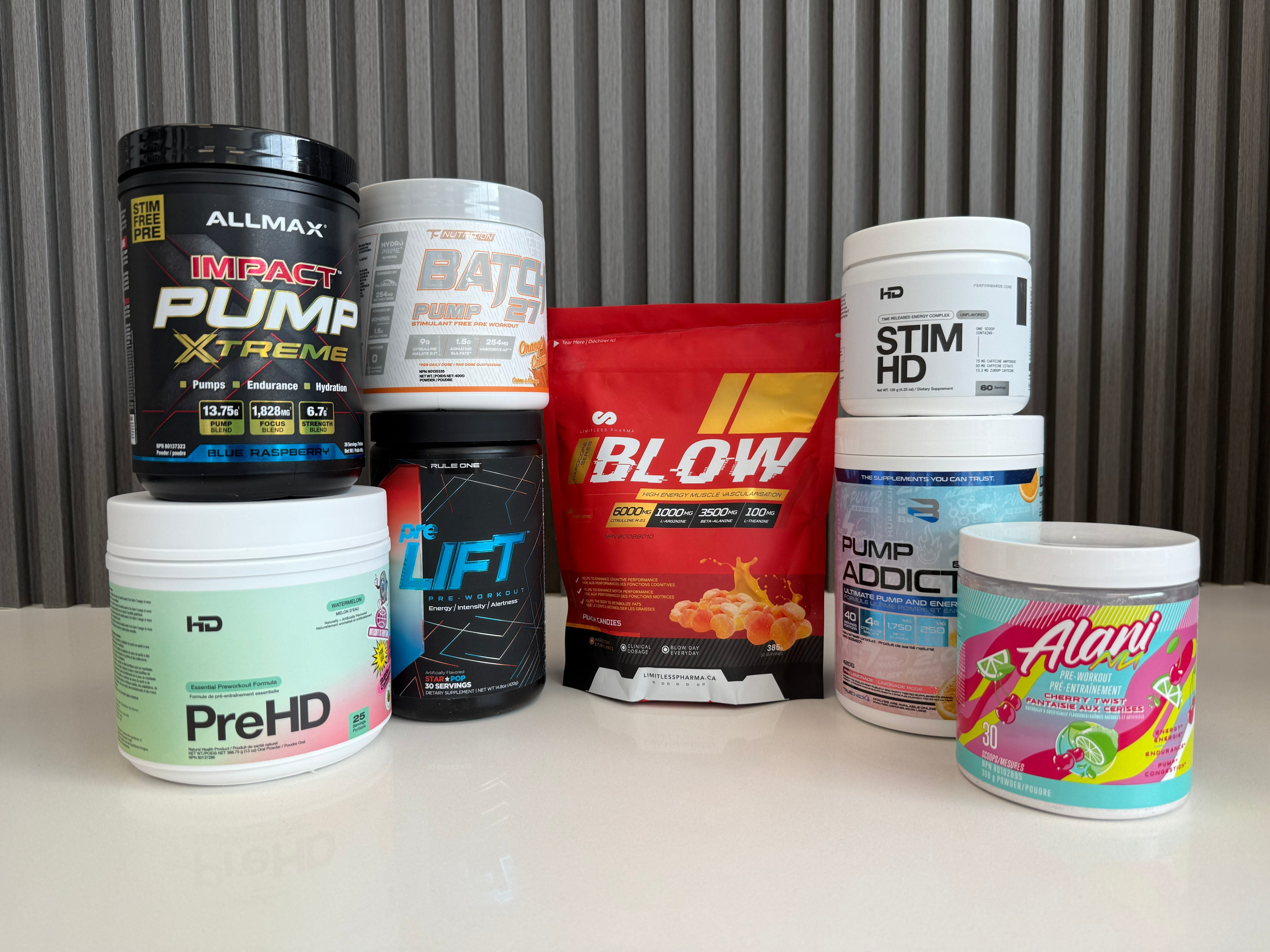
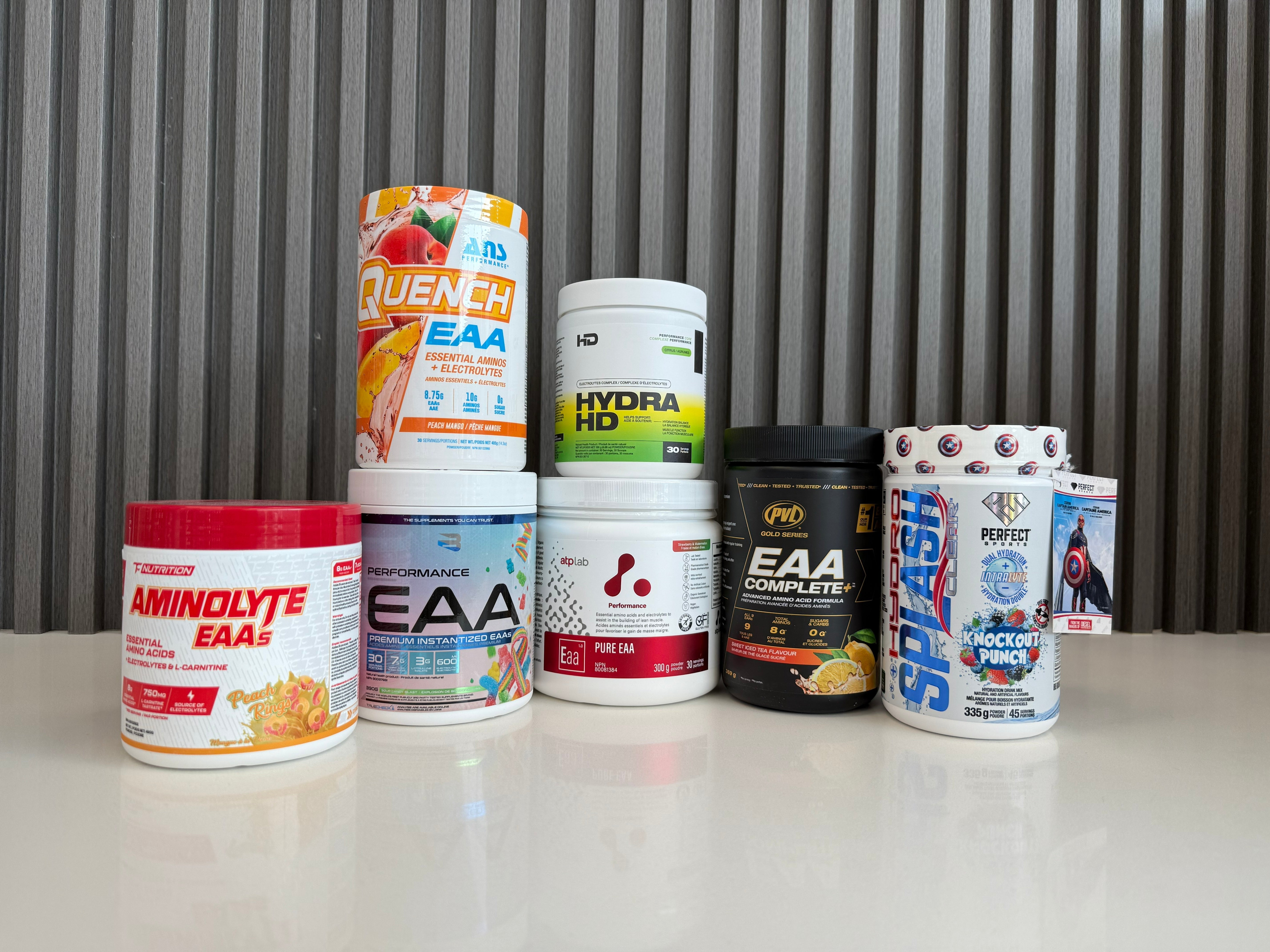
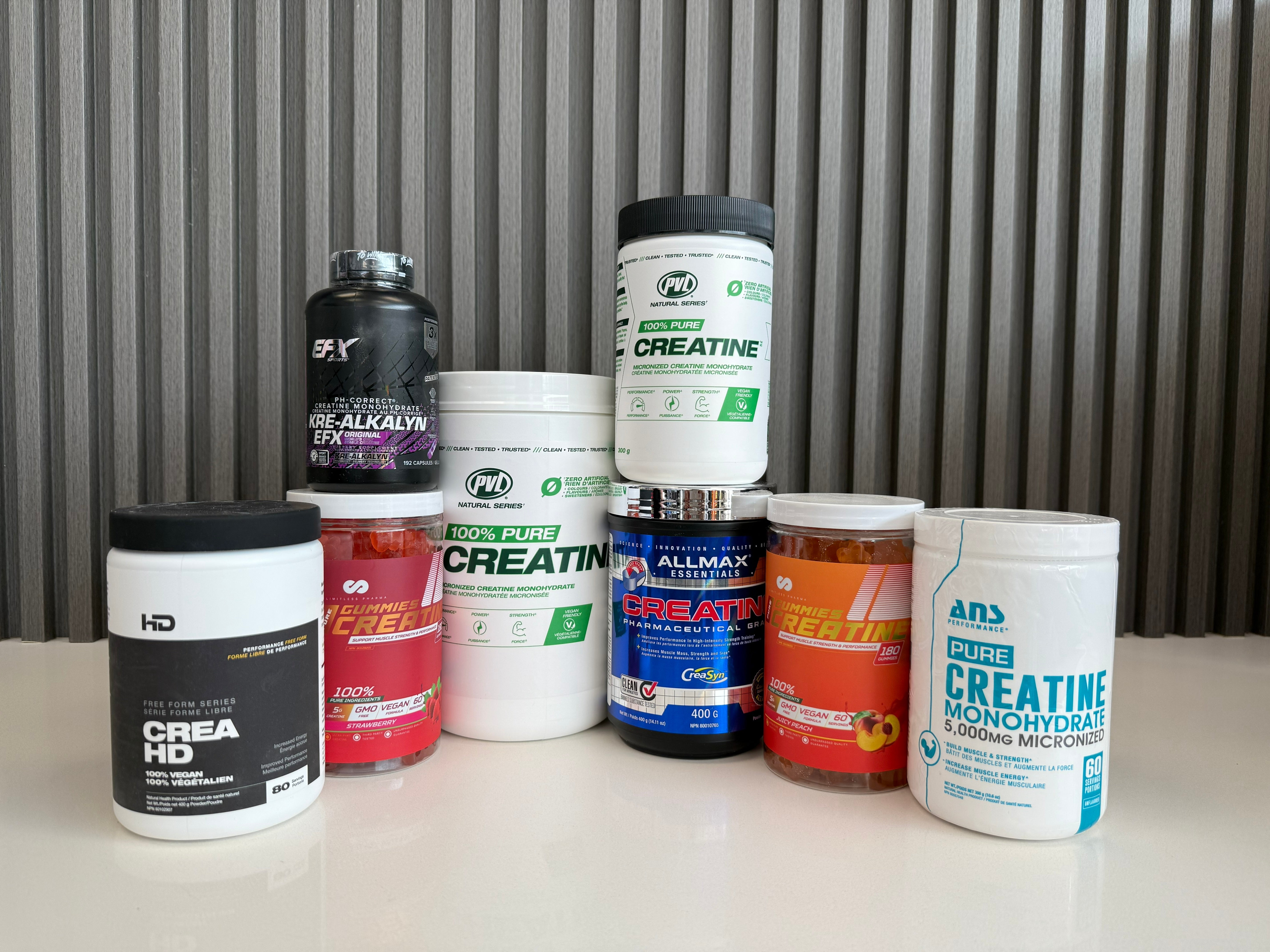
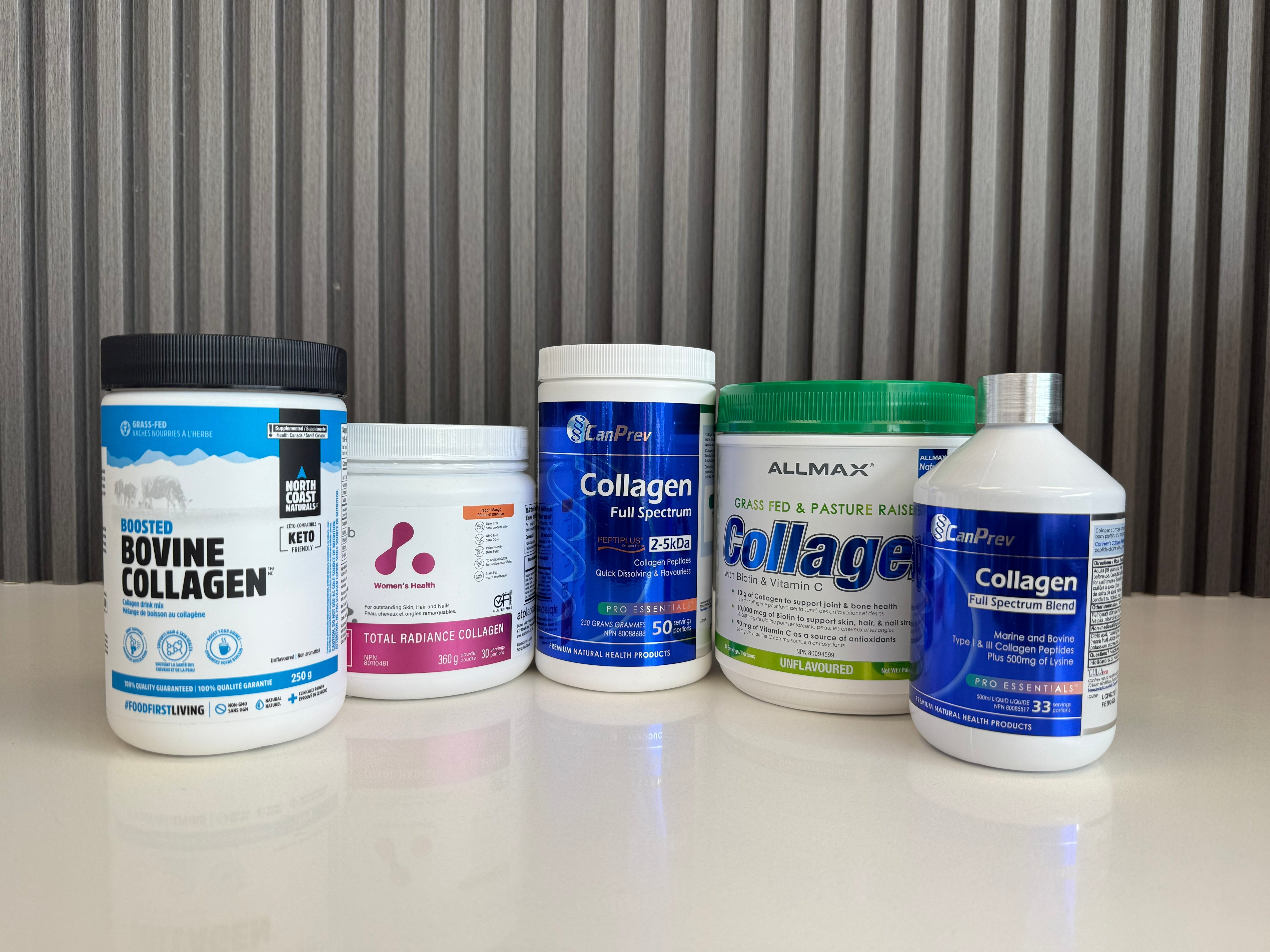
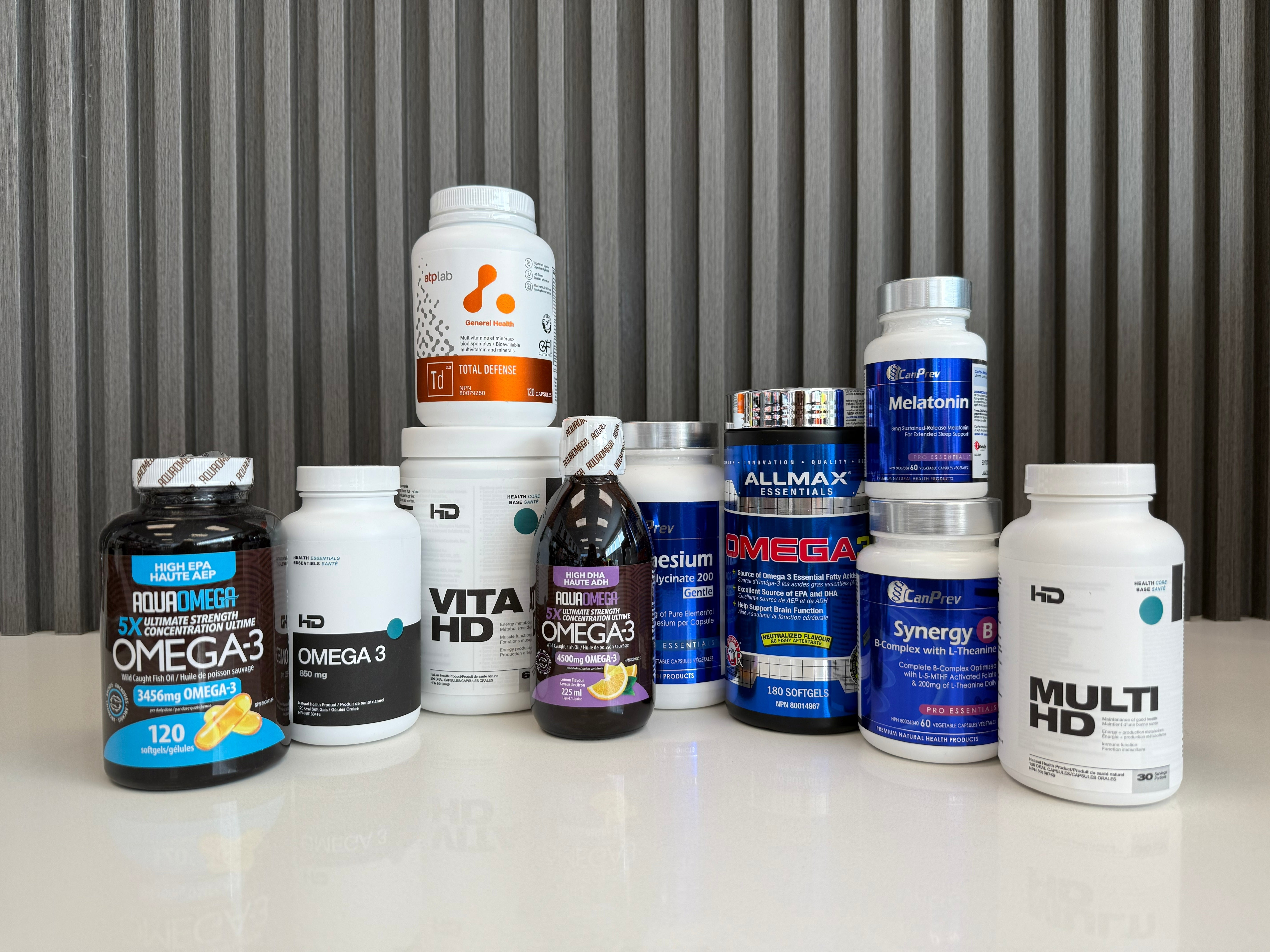
Leave a comment
All comments are moderated before being published.
This site is protected by hCaptcha and the hCaptcha Privacy Policy and Terms of Service apply.